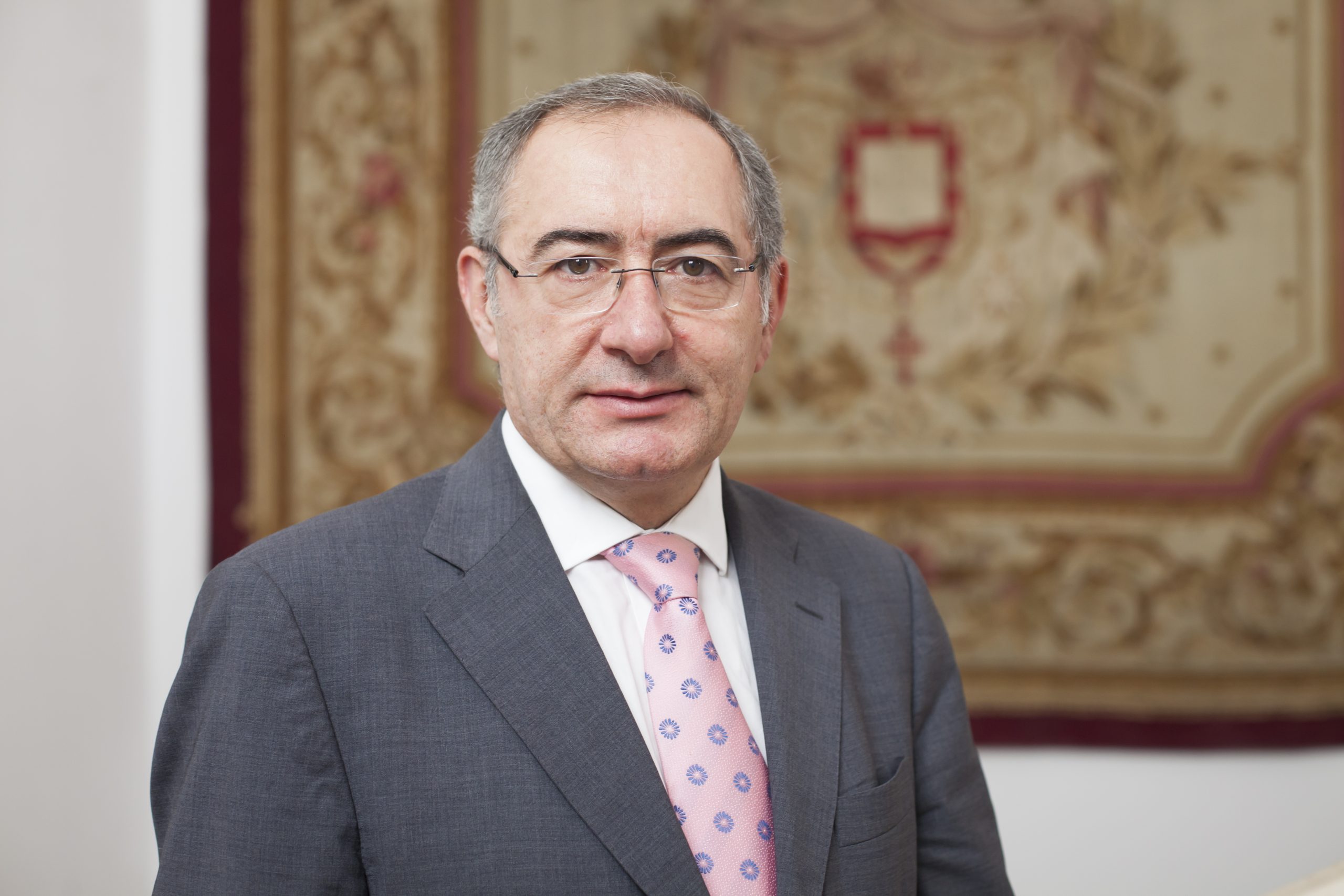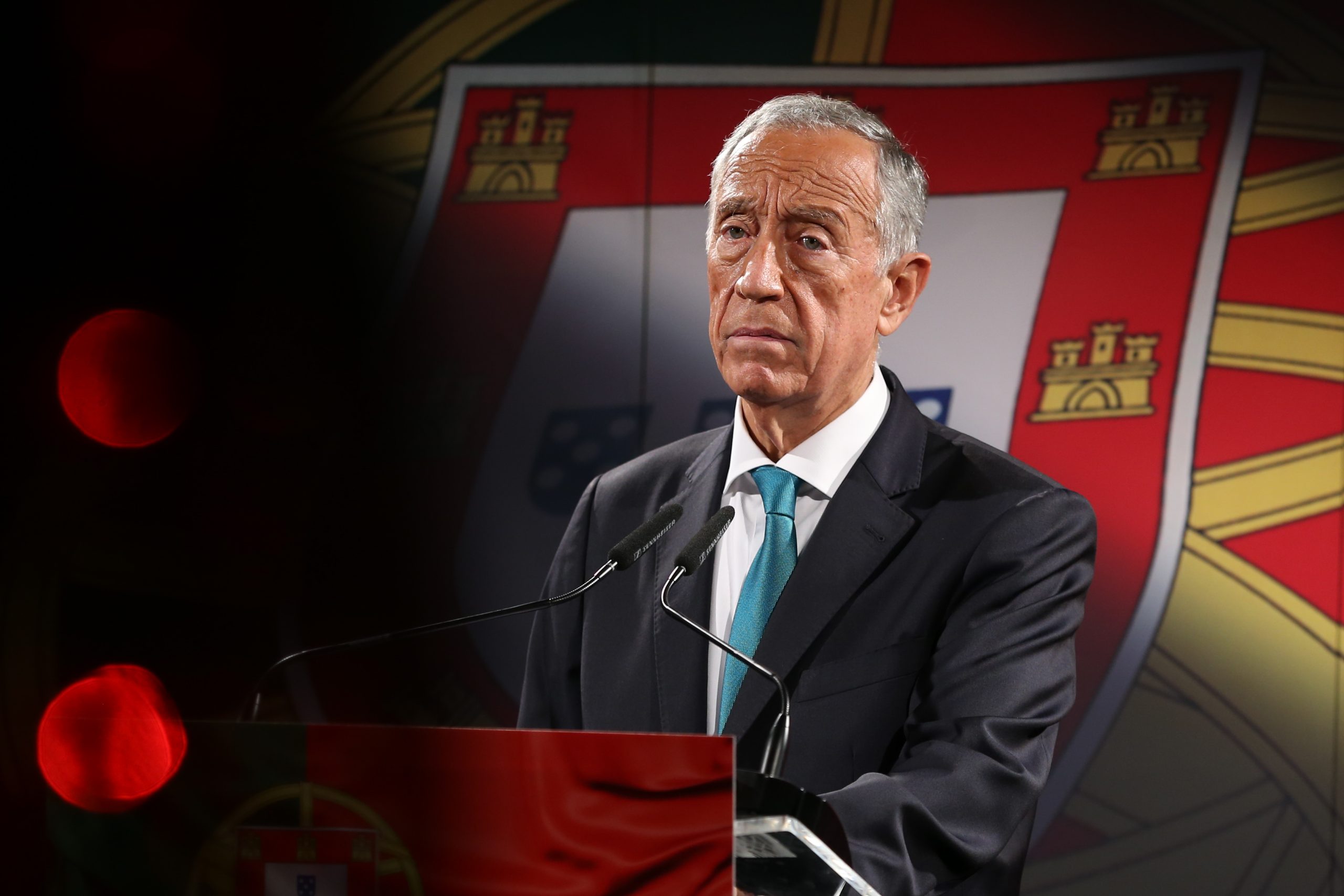PGR investigates Pedro Nuno Santos

The Attorney General’s Office (PGR) opened a preventive investigation that targets Pedro Nuno Santos. Confirmation was made to Sunrise by PGR itself in response to a set of questions raised on the entry of an anonymous complaint involving the leader of the socialist party. « Following the reception of complaints and in view of the collection of elements, the Public Prosecution Service determined the opening of preventive investigation, which runs in the Central Department of Investigation and Criminal Action », answered PGR.
Contrary to what was reported, the Sunrise He knows that the object of the complaint is related to the socialist leader’s father’s footwear company, Tecmacal, which entered into public contracts with the state while Pedro Nuno Santos was in government. The company is based in São João da Madeira and has branches in Benedita and Felgueiras.
In 2022, when Pedro Nuno Santos was holding a public office, a hypothetical incompatibility was raised by the fact that he stops a quota in the company. At the time Minister of Infrastructure and Housing was defended with a 2019 opinion. Which concluded that there is no incompatibilities. Already in November 2023, it has broken the participation «Symbolic» – as he called him – 0.5% he had in his father’s company.
Contacted by SunrisePedro Nuno Santos was surprised by the complaint and assured that he was going to put the quota centers online online. «It was a normal act of a partner who had 0.5% – the son – who gives in to the majority partner – the father. There is nothing more than that » he said.
The anonymous complaint related to Tecmacal is one of two who arrived last week to PGR. The first was immediately archived since it was only a list of questions about the acquisition of heritage of the socialist leader, raising doubts about his financial capacity to acquire them and launching the suspicion of illicit enrichment.
At a press conference given this Wednesday from the headquarters of the PS, at Largo do Rato in Lisbon, Pedro Nuno Santos began to say that it was with « surprise » that he learned of the ongoing investigation and that strange « the coincidence and the moment of the news ».
In March, the prosecutor had already opened a preventive investigation to analyze data related to Spinumviva, the Prime Minister’s family business, Luís Montenegro.
Preventive investigation aims to assess whether there are elements to advance with the opening of an inquiry. Contrary to the criminal investigation, investigation is an administration procedure that does not use intrusive means – such as listening or breach of bank or tax secrecy, which could only be authorized by a judge.
After analyzing the elements, there are only two exits: the filing or opening of a crime inquiry.
Rain of anonymous denunciations in campaign
Since 2010, the Attorney General’s Office has a channel of complaints open to complaints from any citizen and, although there is no analysis of the anonymous complaints that are filed with an epoch of elections and their credibility, magistrates of the criminal area of several counties in the country contacted by the country. Sunrise They recognize that moments of elections, legislative or municipalities, are always concentrated concentrating concentrates.
A source linked to the Central Department of Research and Criminal Action (DCIAP) even compares: «How much the municipalities come, the anonymous complaints trigger. In the legislatures, the phenomenon is repeated, but without the expression of the former.
With traquejo in these maneuvers, this magistrate with 40 years of service, some of which passed in that department of PGR, recalls that, at these times, the magistrates take the proper precautions: «In an election campaign time, if anonymous complaints came to a public office holder or party leaders, that was soon a factor of low credibility. As a rule, it was very careful even to institute preventive inquiries. Because we know that the anonymous denunciation is sometimes the office hours. It is an attempt to use justice for purposes other than lawfulness. From my experience, the complaints were rare that were born in these periods that resulted in an accusation.
For the magistrate there are cases without feet or head that do not even deserve to open a preventive investigation. Others take their steps, they collect elements to substantiate and gauge credibility, to decide whether or not to open an inquiry: «There is a team on DCIAP that screen the substance of the complaint. To collect data and then assess its credibility. Others were object of internal analysis. It was not even called preventive investigation. If I had any foundation, the analysis was first, but without haste because what we were missing was to walk the towing the elections.
Most complaints are filed
Outside DCIAP, in the 23 judicial counties, anonymous complaints have more expression at the time of local elections. Another magistrate heard by our newspaper, on the other hand, that the percentage of filing anonymous complaints « It’s big ». Why? «Because they are vacancies, they do not have documents that make their contents, nor do they identify witnesses of the crimes in question. Many really look like coffee conversation. It is soon seen that there are party disputes there and tries through lawsuits to make dent in opponents ». As for the crimes in question, « 80% to 90% are alleged corruption. »
As a rule, preventive (or pre-inquestic) preventive inquiries are not made in the counties, where the complaints received give rise to the opening of inquiry. Preventive inquiries are more used in the Regional Research and Criminal Action Departments and DCIAP.
The complaints to the MP arrive in two ways: or by the portal of complaints, which is managed by PGR and DCIAP, or by letter. It is usually DCIAP, which has national competence, which receives complaints about rulers, while the counties receive more about mayors.
When the complaint has political motivations, its author, after the anonymous participation to the MP, almost always gives it to the press to try to give it public projection.
Anonymity facilitates complaints
As with everything, however, there is always the reverse of the medal and no one envid the role of anonymous complaints, for it is in them that the cradle of many corruption processes is found. One of the magistrates heard by Sunrise There is no doubt that, in cases of corruption, it is one of the crimes in which the reason for anonymity is perceived: «Facing an employee is difficult. Because it is the struggle against power. People are afraid. But even so, there are few complaints for corruption that ‘have legs to walk’ and give rise to inquiry.
Another prosecutor of the Republic, today at the head of one of the country’s DIAP, underlines: «There are several types of anonymous complaints. There are some that identify things very well (the accounts and how the business was done) and bring a lot of attached documentation. Obviously we give more value to the complaints that are identified. Then there are those who serve just to rod.
For the PGR, the worst role in this scenario is reserved: to provide clarifications on the complaints received by the MP. « Regarding preventive inquiries, PGR only provides clarifications in very specific cases, when there is a special public relevance»explains a magistrate with experience in this matter. This is what has been done in relation to Luís Montenegro and the case of his family business, Spinumviva.
THE Sunrise He sent a number of questions to the PGR press office to find out, for example, if complaints were received this year about the current parties leaders with parliamentary representation – but did not respond until the end of yesterday.
Only 14% of complaints give rise to inquiry
In 2024, the number of complaints received through the application “corruption: report here” was 1,832, of which 806 were presented by identified complaints. The analysis of the complaints presented through the application gave rise to the establishment of 248 inquiries and five preventive inquiries, and 1134 complaints were sent to other entities and archived 1033.
In 2023, there were 1,910, of which 824 were presented by identified complaints (43.1%). It was the year when there were more complaints since 2019, the year there were 1,966 complaints.
It is recalled that in 2023, corruption had risen almost 30% and there were 121 people arrested on suspicion of economic-financial crime, most of them by bleaching, according to the annual internal security report. In addition, the year was also marked by a succession of scandals and judicial investigations that culminated in the dismissal of Prime Minister António Costa on November 7.
Another fact that jumps in sight is that, of the total complaints, there is a tiny percentage that is converted into an inquiry, which allows the majority to have the foundation, or sufficient evidence. By 2023, the number of inquiries instituted based on complaints submitted in the application corresponded to only 14.0% of complaints (12.2% in 2021, 9.6% in 2022).
As for the number of anonymous complaints, it exceeds the complaints identified in any of the analyzed years.
Regarding the object or target of the complaint, in 2023, the vast majority (45.2%) belongs to the private sector, followed by the public sector, with 33.2%. This is followed by the sports sector, with 7.2%, then international trade and, finally, unparacks sectors.







